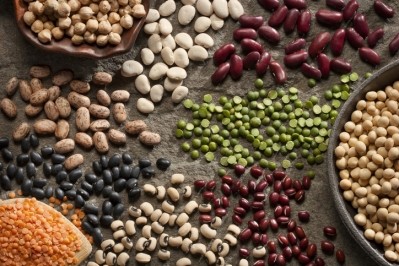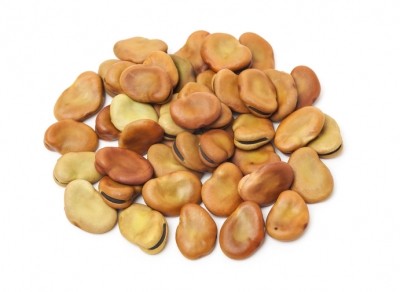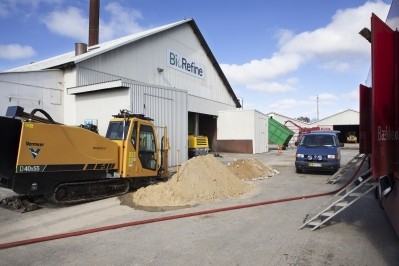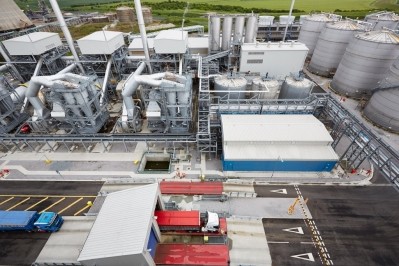Digital seminars pushing legume supported feed and food production in Europe
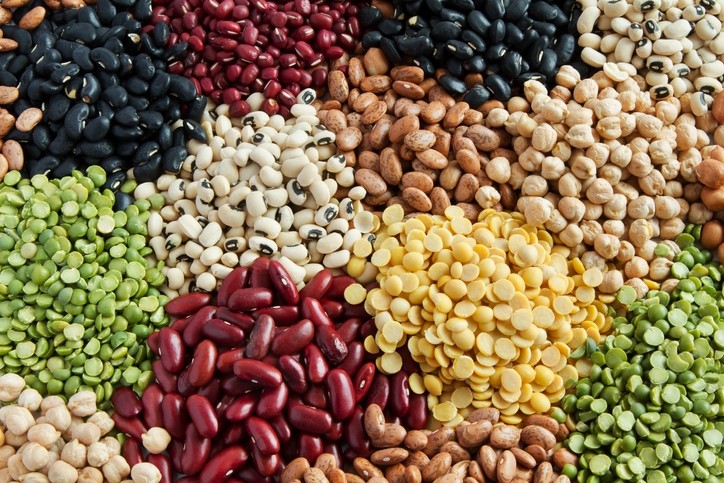
Roger Vickers, LegValue and TRUE partner, said: “Pulses have an incredibly bright future, both for farmers who want to grow a sustainable, diverse rotation, and for consumers seeking a versatile, protein-rich food.”
He said the field of legume research, innovation and trade is small compared to many other crop types and reflects relatively low current commercial values and investments surrounding legume crops.
“This is why we are working with our LegValue and TRUE partners to deliver a series of eight short webinars that will describe the current condition of entire legume value chains within Europe and outline opportunities for stimulating the transition of legumes to deliver a greater role in European agriculture through innovation.”
Building on the LegValue and TRUE projects, he said, is a new Legume Innovation Network – a stakeholders’ forum designed to promote awareness of new insights, services or requirements for commercially competitive production and consumption of legume crops in Europe.
That forum aims to link industry with researchers, policy makers, civic organizations, brokers, traders, and consultants throughout Europe and wider afield.
“It is my hope that it will link people with similar interests, provide opportunities for challenges to be resolved more-easily, with potential partners finding resources for mutual benefit, and directly help realize more sustainable agri-food systems,” added Vickers.
In July 2019, we reported on a project supported by the EU funded program, TRansition paths to sUstainable legume based systems in Europe (TRUE), and run by the James Hutton Institute in Scotland. It found that protein rich co-products of pea gin production could be a substitute for soybean meal in animal feed. The research team was based across several universities in Wales, Scotland and Ireland as well as in a distillery.
The researchers carried out a life cycle assessment (LCA) comparing the environmental footprint of one liter of packaged gin produced from either 1.43kg of wheat grain or 2.42kg of peas via fermentation and distillation into neutral spirit. The LCA was based on a study on operational data provided by Arbikie distillery from the records it generated during routine operations producing conventional wheat-gin and during pilot trials for pea-gin production.
They saw that pea gin has a larger land footprint than wheat gin, depending on rotation effects. But the team argued that the supply of animal feed co-products and their use in livestock production could offset the carbon footprint of pea gin.
Dr David Styles, lecturer in life cycle assessment, School of Environment, Natural Resources and Geography, Bangor University, told us then:
“TRUE is looking at legumes as underutilized crops within Europe, where there is only 1.5% of land area under these crops compared to about 25% in Canada, and other areas. Meanwhile, we also have a very high dependence on plant protein imports from South America, largely in soybeans. A big aim of the TRUE project is trying to find ways of becoming more self-sufficient within Europe for plant protein supply, both directly for human consumption but also for replacing animal feed."
And that is where this gin study came in.
“Although we are essentially drinking the fermented peas, in the starch fraction there is a protein rich co-product that is especially good at replacing soybeans in animal feed. It is only when you consider using this concentrated protein in the co-product, as an animal feed, that you see the full benefit of using peas instead of wheat as a feedstock for gin production.”
The LegValue and TRUE projects backed webinars are:
April 14 10am CEST
Digging into legumes and the potential of the Legume Innovation Network
April 20 10am CEST
Optimizing legume production
April 22 10am CEST
Legume-based value chains, farm gate and beyond the market
April 27 10am CEST
The diversity of end uses for legumes
April 29 10am CEST
Pushing the boundaries in legume breeding
May 4 10am CEST
How legume science is enabling industry
May 6 10am CEST
The road map for legumes: Policy and the role in transformation to greater legume production
May 11 10am CEST
Roundup: Bringing the Legume Innovation Network together
